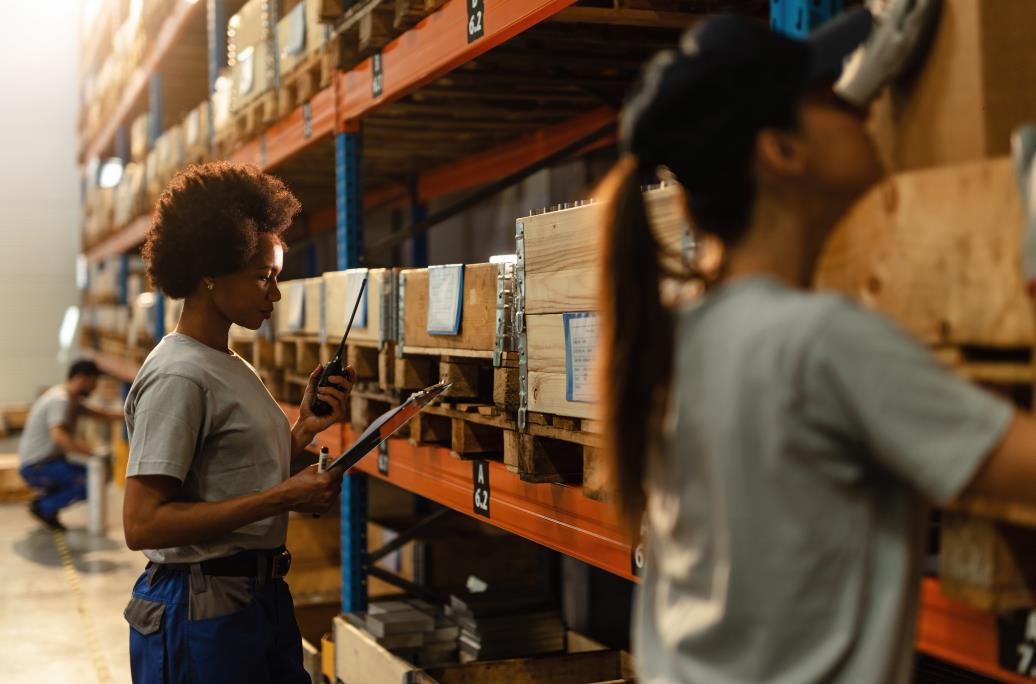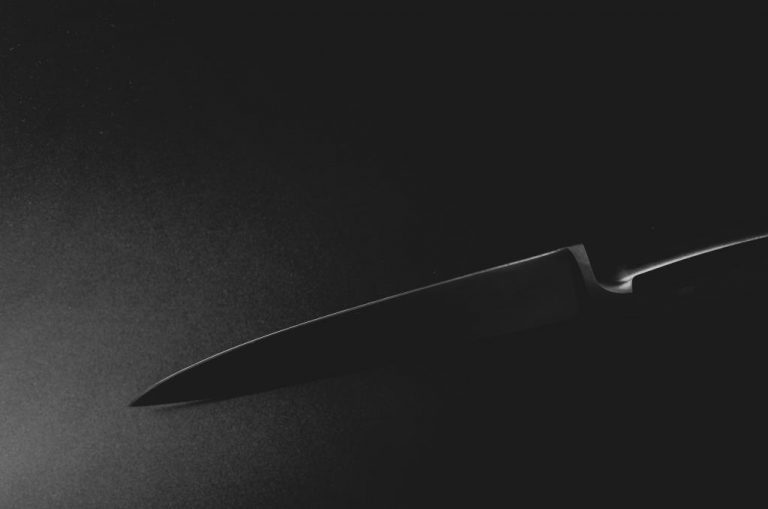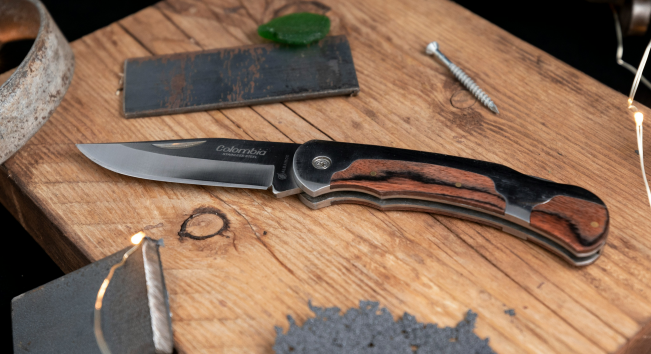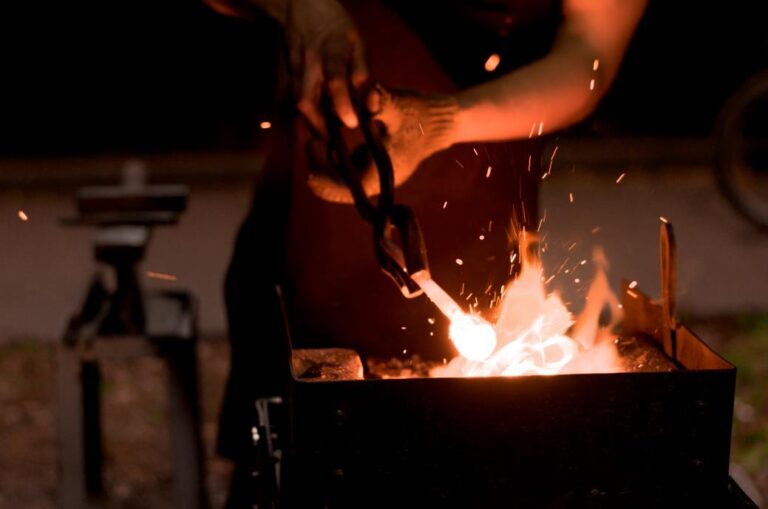The wholesale market might seem complicated at first. But breaking the process down to the fundamentals can make finding a reliable source of products for your business simple.
The guide below goes through everything you need to know about how to buy knives wholesale, including:
- Who can buy wholesale knives?
- Whether you need any special licenses or certification
- How to find and choose a wholesale supplier
What does buying knives wholesale actually mean?
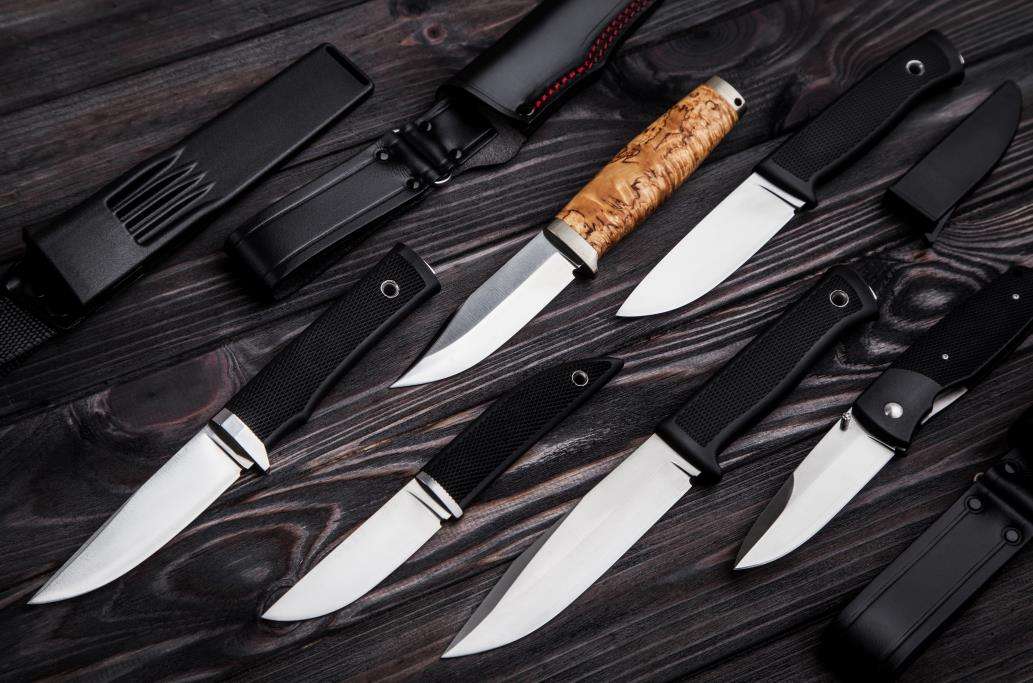
Buying wholesale means buying large quantities of a product directly from a manufacturer or distributor, generally with the intent of reselling the products in smaller numbers to retail customers.
Because they’re bought in bulk, products bought wholesale tend to be significantly cheaper. This allows the products to be resold later at a higher price point, which allows the retail seller to make a profit. The retailer is also responsible for storing and marketing the products, as well as handling all parts of the sales process, which comes with increased risks and costs.
Parties involved in a wholesale relationship can include:
The manufacturer
The manufacturer is the entity that actually creates the products. For knives, the manufacturer is the one going through the process of forging or stamping the knives and preparing them for sale. LeeKnives, for example, is a manufacturer of commercial knives.
A manufacturer might also function as their own wholesaler or distributor. Buying directly from a manufacturer means cutting out the distribution middle man, which may lead to lower prices, but can lead to its own issues regarding delivery and scaling. However, a manufacturer will tend to have more knowledge about their product base, so tend to be better for specialized products, which include kitchen knives.
The wholesaler
A wholesaler buys products from a manufacturer and resells them to other businesses. Wholesalers are used by all sizes of businesses. Smaller traders benefit from the wholesaler’s time and expertise to market their products and the extra storage space for more product inventory. Larger industries instead benefit by paying for the services of a wholesaler without having to hire or employ their own staff.
The distributor
Distributors act as the link between a manufacturer and its retailers. A distributor normally holds product inventory and sells it to retail businesses, who will sell it to the customer. , similarly to a wholesaler, but also acts as a marketing entity and point of call for customer and client issues.
The difference is that a distributor also markets and promotes products, finds retailers who want to sell them, and also deals with any problems that occur during or after the sale, for example, product returns.
The retailer
A retailer sells the product to the customer. Retailers take many forms, from multinational corporations, to online entities, down to small single-person businesses.
Buying wholesale
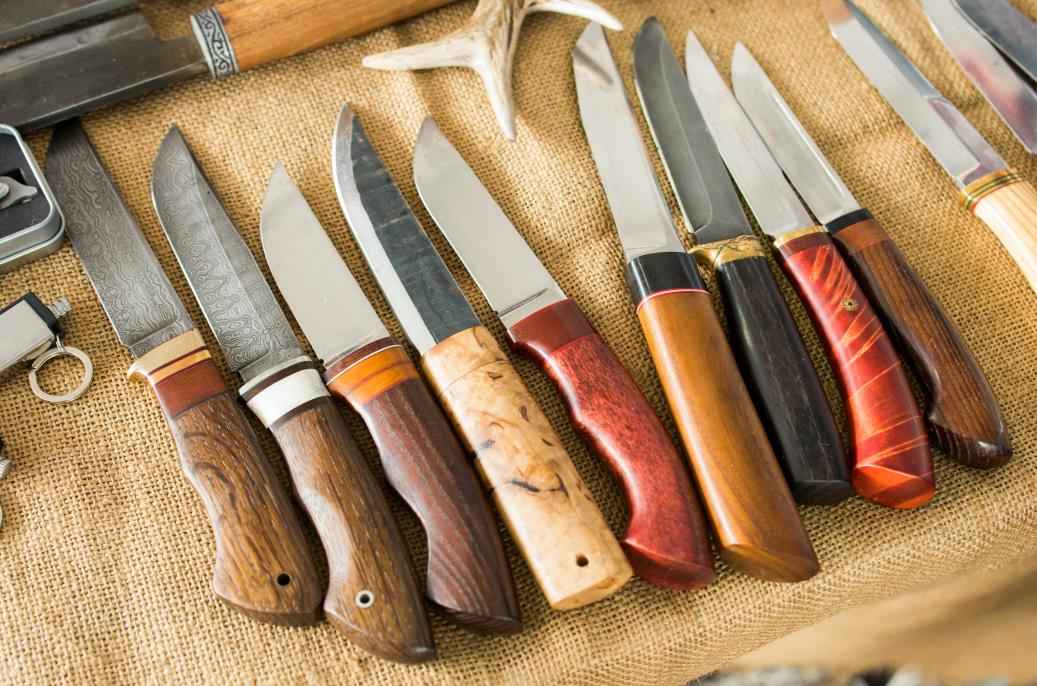
With the advent of the internet, the lines between manufacturer, distributor and wholesaler are becoming increasingly blurred. Many brands might manufacture, ship, and sell their products directly to the retailer, taking care of the entire, end-to-end process.
As with anything, there are pros and cons to dedicated wholesalers as opposed to single businesses that handle the entire transaction. Smaller manufacturers tend to have limited available product lines, and might be more limited on delivery options, but the products that they do offer are normally better supported, due to the direct product knowledge and rapid response times of a smaller business.
Larger businesses will have bigger product catalogs and larger stock inventories, which means that they are better if a business is looking for a single, complete wholesale solution for their stock. But the larger size tends to lead to inflexibility in business practice, and less specialized knowledge and support around products.
Finally, some manufacturers and wholesalers might take the final step, acting as merchant seller of the product lines they offer. It is recommended not to buy from wholesalers and other businesses who sell their products in competition with your own, as the wholesaler will always have the advantage when it comes to delivery time and flexibility.
What to consider before buying knives in bulk
Knife sales is a highly profitable business, with good margins and a steady supply of regular customers. Everyone needs kitchen knives, the products wear out naturally over time, and people are more aware than ever of the value of high-end kitchen tools. The consumer kitchen knife market has seen a constant, steady increase, with a projected compound annual growth rate (CAGR) of 6.58% in over the next 4 years.
But before you decide that your business is going to stock knives, there are certain things that need to be considered, which might include:
Budget and profits
While knife sales can be very profitable, it’s still important to run the numbers and make sure that you’re making an adequate margin on sales to make the business worthwhile.
Buying knives wholesale is one of the best ways to keep the per-unit price low, due to the lower overall price and lack of sales tax. A business should always take the option to buy their stock wholesale if it’s available.
Shipping and delivery
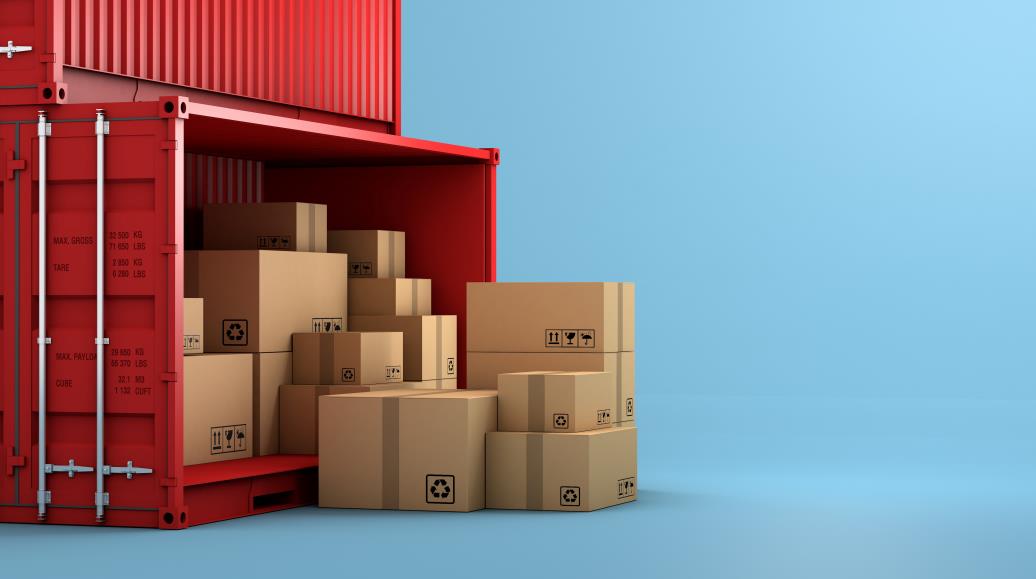
Wholesale supply chains can be complex, which may result in a significant lead time between placing an order and delivery. The general rule of thumb states that the more steps between the manufacturer and end retailer (manufacture-distribution-wholesale-retail) the longer the delivery time, and the greater the chance of issues arising with the supply chain, because of the multiple points of failure.
In the past, it was more difficult for smaller businesses to reliably ship worldwide, but the internet has opened the doors for the smallest business to access consistent, cheap, worldwide shipping, meaning that dedicated wholesalers are far less necessary than they might have been even a decade ago.
Further, it’s important to choose a supplier that has a reliable means of supply. Look for wholesalers who have good relationships with their delivery suppliers, use reliable delivery methods, and have the minimum amount of points of failure possible. LeeKnives has established relationships with logistics companies like USPS, DHL and Yanwen, with freight options at all scales and a ready-made dropshipping service.
Buy Wholesale Knives and Start Scaling up with Us Today
Contact us and connect with a sales rep to get a free quote.
Storage and sales volume
Knives are small items that are generally easy to store but still require shelf space, both in your warehouse and in any front-of-house retail establishment you might have. While knife sales are steady and consistent, individual sales numbers day by day can be low, which means that any knife stock will require regularly available storage space, without much stock rotation.
A second consideration for storage is seasonal availability. Knife sales naturally spike around the holidays, especially Christmas, Thanksgiving, and other holidays where family members traditionally come together to share meals.
Does your business have the capacity to deal with a major increase in knife purchases over a short time? Can you store sufficient stock, and will you have the budget and capacity for any necessary overstocking? Can your supplier meet this demand, and will they be able to provide you necessary stock on relatively short notice?
Another option is to find a wholesaler who offers warehousing and fulfillment centers closer to home. LeeKnives has a dedicated US-based fulfillment center, which offers our American customers product storage, and fast, reliable shipping.
What is needed to buy and resell knives wholesale in the USA

A resale tax identification number
Most wholesalers will require one of these, which identifies you as a business entity. A resale tax identification number is available from your state taxation and revenue office, and means that the sale of your items will be exempt from sales tax.
A business license
Your local state’s department of revenue or secretary of state office will be able to advise you on where you need to go to receive a business license.
You will need your tax identification number, as well as business details. Expect to answer some standard questions about the nature of your business, how you’re trading, and whether you’re currently operating out of any fixed premises (for zoning purposes.)
A business license is required to sell knives that aren’t designed for domestic use, for example hunting knives. Direct business-to-business transactions currently do not require a business license, and neither do online sales of domestic knives.
However, a business license is a useful tool that helps build trust, and offers legal protections for you and your employees, and it’s recommended that you obtain one if you plan on trading long term.
A resale certificate
Resale certificates allow businesses to resell items bought wholesale while avoiding the added cost of paying sales tax. It’s worth checking your state jurisdiction, as some states require resale certificates as well as tax identification numbers, and some will not.
Resale certificates are common tools for e-commerce businesses, as they are one of the simplest methods to pass sales tax onto the customer. You can obtain a resale certificate from your state tax department, though you should be aware that you’ll need a separate resale certificate for every individual wholesale business you plan to buy from.
Once you’ve received the documentation for all of the above, you have everything you should need to place an order with a wholesale knife supplier.
A federal business tax number
Finally, you should apply online for a federal tax identification number, which may also be referred to as an employer tax identification number (EIN.)
You can apply for an EIN online here.
How to choose the correct wholesale knife supplier

An online search quickly reveals dozens of suppliers willing to sell knives and other kitchen products at wholesale prices. Choosing between them might seem daunting at first, and it’s important to make the correct choice, both to make sure that the service best fits your business, and to avoid the unfortunate reality of scam services.
When reaching out to a wholesaler, there are several factors that should be considered. All of the below will affect the service you receive and the end result for you and your customer base.
Perform a catalog inspection
Begin by considering how large the available product catalog from your chosen wholesaler is, and whether they offer the products you want to stock. (For comparison, LeeKnives’ product catalog is available here.) For example, some retailers might specialize only in Japanese-style knives, or might not have the option for customized products.
There are advantages to both large and small catalogs, so it’s important to find a wholesaler that offers products that align with your brand and goals.
Larger distributors might have a wider range of product availability, which can offer you more order options and variety. A larger catalog might also encompass several product ranges; ideal if your business offers more than knives, or may look to expand into further product lines.
However, smaller distributors with more specialized catalogs may have more expertise regarding their products and tend to have quicker lead times, as well as client response times. So if you’re only interested in stocking a small range of knives, a smaller, more specialized business might be preferable.
Buy Wholesale Knives and Start Scaling up with Us Today
Contact us and connect with a sales rep to get a free quote.
Work out pricing
Budgetary concerns affect every business. A good product catalog should have its product and shipping costs included, allowing you to work out initial outlay costs for any potential orders.
This is a good point to reach out to the company itself, if you haven’t already, and take the opportunity to discuss orders, shipping times, and any other concerns you might have.
Examine the order and shipping process
Most wholesalers will require a minimum order quantity (MOQ) to confirm delivery. This will either be based around total units ordered, or total order value.
Some wholesalers may also offer tiered pricing plans, which can decrease the price per unit ordered as the total order size increases. If your business is looking for larger orders, or you see the opportunity for future expansion, it’s also worth considering discussing how flexible total order sizes are, as a wholesaler that meets your needs now might be less suitable as you expand.
Shipping methods
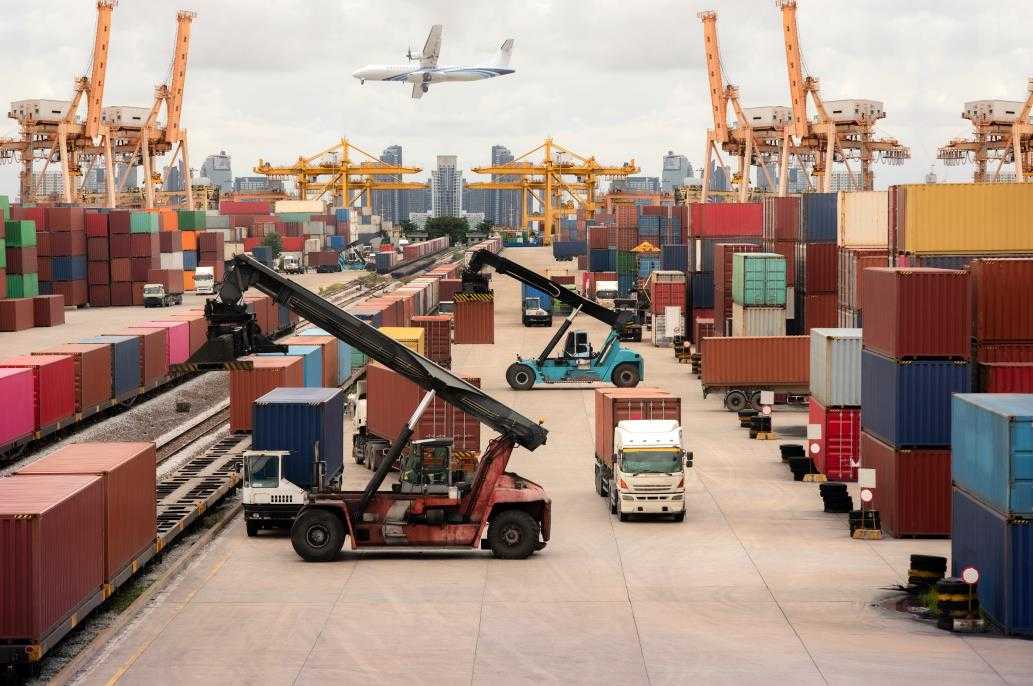
This guide has already touched on shipping reliability, but you should also consider:
- How long shipping generally takes
- Whether delivery times are covered by a guarantee
- Which shipping methods are available, and whether there are multiple delivery options
- Whether emergency shipping is an option
Make a sample order
The final step is to set up a sample order from your chosen wholesale manufacturer or distributor.
A sample order gives you the opportunity to examine a product line before you place a large order. Not all wholesalers give potential customers the opportunity to order a sample, but most reputable manufacturers should. If a wholesaler does not offer the option of sample orders, this could be a warning sign that they aren’t a reputable, trustworthy sales entity.
It’s also worth examining the sample order service itself, as it can shed a lot of light into whether a business trusts its product. How quickly a sample order can be provided gives insights into shipping times. How large sample orders can be, and whether they encompass the entire available product catalog will enable you to examine the products you intend to sell before you put yourself at risk.
Customer service
Despite best intentions, issues occur in business, and having a reliable, easily available customer services team who can quickly respond and resolve problems is an important part of a good sales process.
Until problems arise, it can be difficult to judge the customer services strength of a wholesale business. Instead, examine how quickly they respond to queries, and how professional their communication is, as these can be good early markers that their customer service team is fast and efficient, and should be able to solve any issues you might run into.
Receiving your first order
Examining every order to make sure everything is correct when it arrives is good general practice, and should be implemented from the time you receive your initial sample or test order.
When checking an order, best practice is to create an order checklist that can be followed step-by-step. This offers a concrete plan that makes sure everything is correct every time, and allows multiple members of staff to follow the established guidelines, which leads to a much lower risk of mistakes.
When inspecting an order, it’s unrealistic to think that you will have time to examine every item, so results are generally based around examining a sample portion of an order. For example, if an order is for 500 knives, you might want to examine 25 knives, chosen at random, which gives you a sample size of 5% of your order total.
If a large amount of faults is found in an individual order, that’s cause for concern, and closer examination of the entire shipment should follow.
When checking an order, good things to consider are:
- Total order size; are all ordered items included? Is the order size the same as it is on the manifest?
- Individual product lines; are the amounts of products delivered the same as ordered? Are there any extras or substitutions?
- Product quality; Are products delivered of sufficient quality? Are the knives sharpened, are they durable, is anything damaged?
How to check a knife’s quality

Once you’ve received your first wholesale knife order and made sure that the order itself is correct, you should check the individual knives to make sure that they’re suitable for sale. Things to check for are:
- Sharpness: Are the blades sharp, with no broken tips?
- Material: Make sure to examine and handle the knives. Do they feel durable? Is there any wobble or flex in the blade and handle that shouldn’t be there? It’s good practice to perform some test cuts using your knives to see how they perform in practical, real-life situations.
- Weight and balance: Knife balance is a complicated subject, but every knife should be comfortable to hold and balanced appropriately for its role. No knife should feel awkward or off-balance when held.
- Testing characteristics of the knife handle: its ability to withstand impact, discoloration, water resistance, etc.
- Signs of corrosion or rust: Any discoloration or damage to the knife is a bad sign, and an immediate reason to contact your knife supplier.
Final thoughts
Finding the right wholesale supplier is an important step for any business. Taking a little more time to make sure that the correct choice is made here can save a vast amount of time, money and heartache in the future.
A good wholesale distributor will want to work with you to make the process as streamlined and easy as possible. This starts with good communication as you both establish if services they offer are right for you.
LeeKnives respond to all queries within 2 business days, offer a comprehensive culinary knife range and rapid shipping, including full dropshipping support. Reach out here to obtain a free quote and discuss whether the service is the right choice for you.
